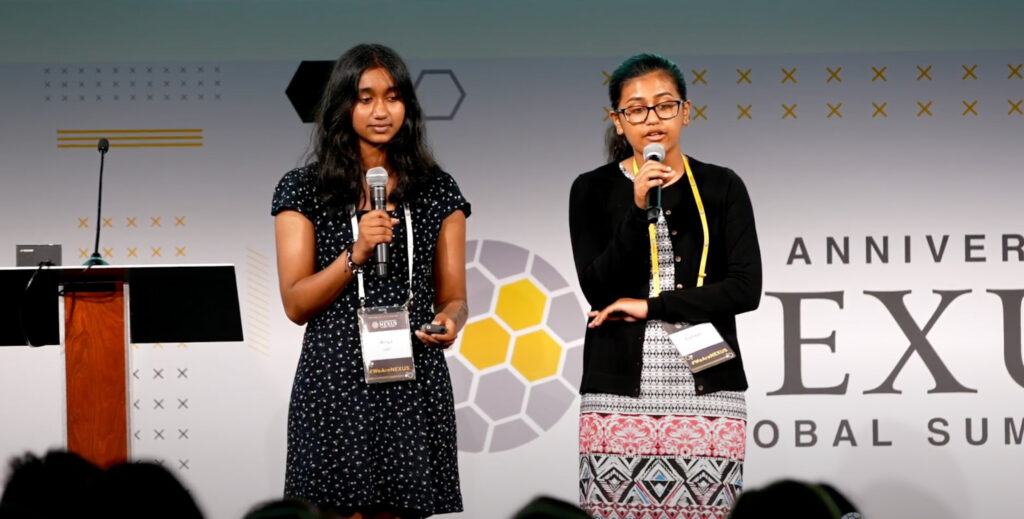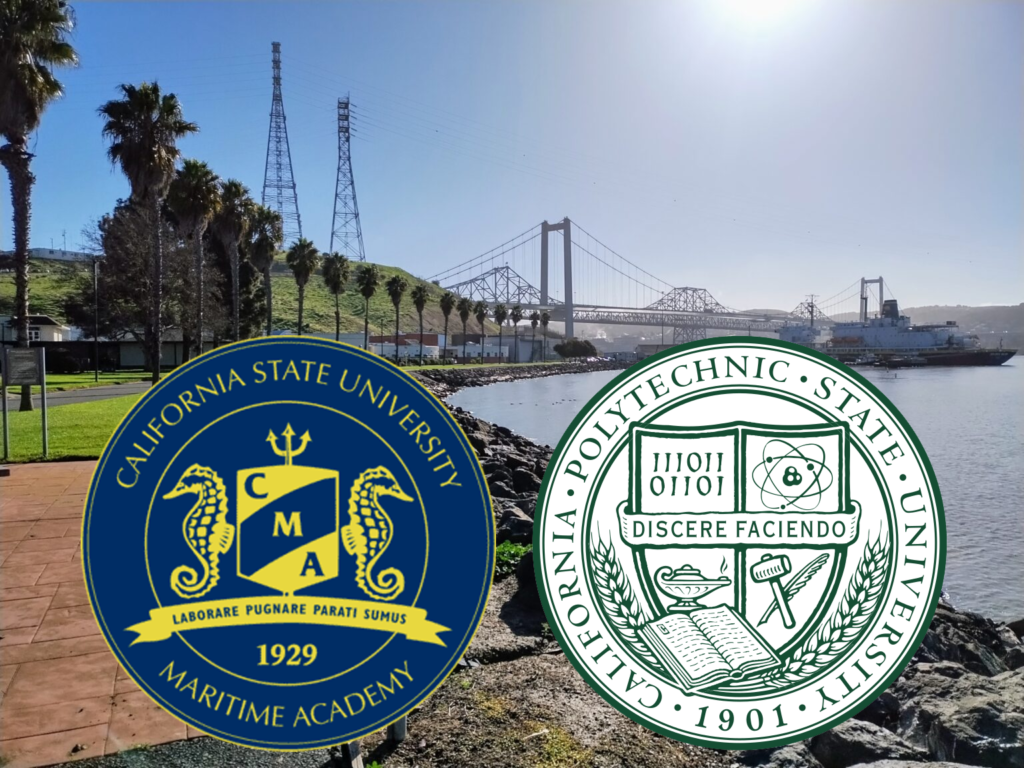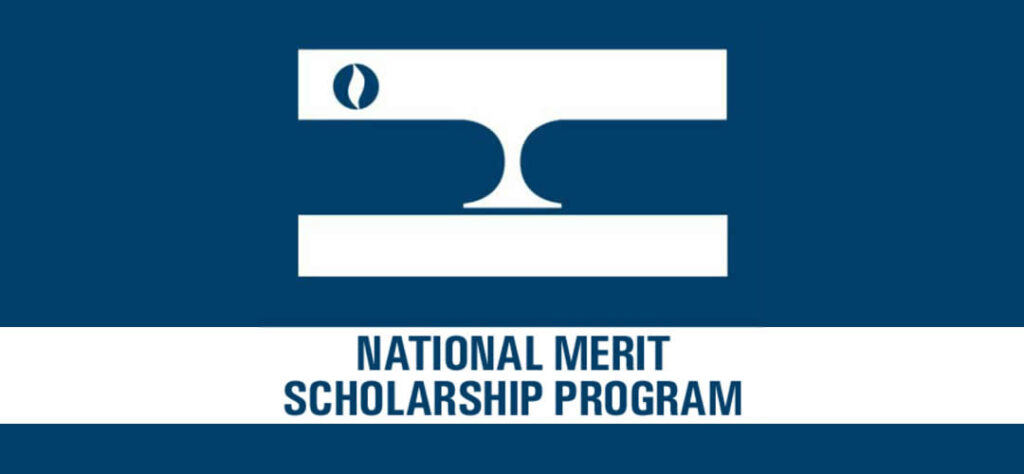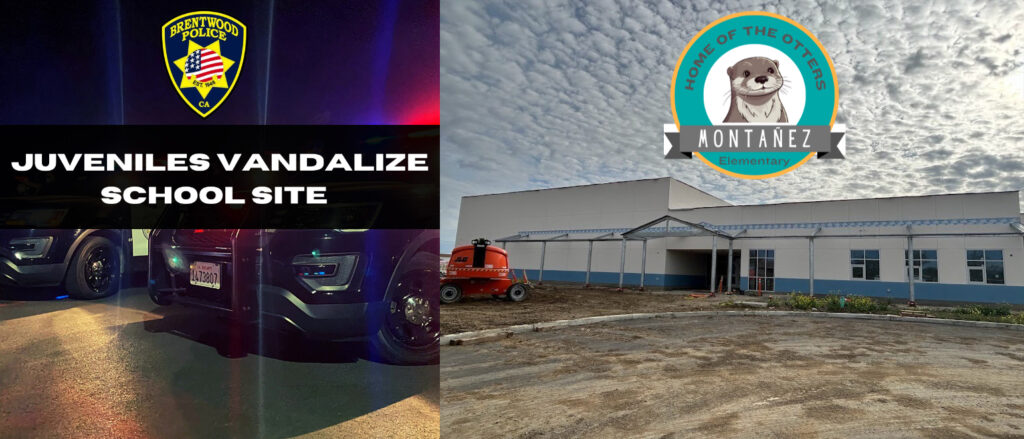
Juan Garcia was one of 828 students in San Joaquin County to receive the State Seal of Biliteracy in 2023. Courtesy of San Joaquin County Office of Education
By Zaidee Stavely, EdSource.org
What is the State Seal of Biliteracy?
The State Seal of Biliteracy is a gold, embossed seal that can be affixed to a student’s high school diploma or transcript. It is awarded to recognize a student for achieving a high level of proficiency in speaking, reading and writing in both English and another language. California first began awarding the State Seal of Biliteracy in 2012.
What is the benefit of obtaining a State Seal of Biliteracy?
The State Seal of Biliteracy validates students’ hard work to learn more than one language. It can be shown to colleges and potential employers, to prove that you can speak, read and write in at least one language, in addition to English. Some colleges may give academic credit to students for the seal. In addition, some organizations, such as Language Testing International, award scholarships to seal recipients.
In one study, partially funded by the U.S. Department of Education and focused on a school district in New Mexico, students who earned a Seal of Biliteracy enrolled in four-year colleges at higher rates than their peers who did not earn the seal.
What languages does the State Seal of Biliteracy recognize?
The State Seal of Biliteracy can be awarded in any language other than English. The most common language recognized with a Seal of Biliteracy in 2022-23 was Spanish, followed by French, Chinese (Mandarin or Cantonese), Japanese, American Sign Language, Vietnamese, Korean, Tagalog and German, in that order.
The state has also awarded the seal in many other languages, including Albanian, Arabic, Armenian, Bengali, Czech, Farsi, Hebrew, Hindi, Hmong, Igbo, Indonesian, Italian, Latin, Mixteco, Polish, Portuguese, Punjabi, Russian, Swahili, Urdu and Yurok, among others.
Do all public schools in California offer the State Seal of Biliteracy?
All public schools are eligible to participate, but participation is voluntary, not obligatory. In 2022-23, the latest school year for which data is available, 1,188 schools in 356 school districts or county offices of education awarded the seals. Check here to see if a school or district participates (click on the “Data” tab).
What can you do if your school does not yet participate?
You can contact a counselor, teacher or administrator at your school and share information about the State Seal of Biliteracy with them, to encourage them to participate.
How do you apply for the Seal of Biliteracy?
Contact your school counselor, principal or other administrator.
What are the requirements to prove you are proficient in a language other than English?
You must either complete coursework or take a test to prove proficiency.
For coursework, you must successfully complete a four-year course of study in a world language at the high school or college level and attain an overall GPA of 3.0 or higher in that course of study. In addition, you must demonstrate oral proficiency in the language comparable to that required to pass an Advanced Placement or International Baccalaureate examination.
You also have the option to take one of four tests, instead of coursework:
- Pass a world language Advanced Placement (AP) exam with a score of 3 or higher
- Pass an International Baccalaureate (IB) exam with a score of 4 or higher
- Pass both an ACTFL Writing Proficiency Test (WPT) and an Oral Proficiency Interview (OPI) with scores of intermediate mid or higher
- Pass an exam approved by the school district that meets the rigor of a four-year high school course of study in the language and assesses speaking, reading and writing in a language other than English at the proficient level or higher. These are most often used in the case of a language for which AP, IB, or ACTFL tests do not exist. A list of locally approved world language proficiency assessments is posted on the California Department of Education’s State Seal of Biliteracy web page under the “Assessments” tab.
Can courses completed in another country count toward coursework in another language?
Yes. High-school level courses in another country in a language other than English, with the equivalent of an overall grade point average of 3.0 or above, can count toward the coursework requirement. These might be courses completed as an exchange student, or courses completed in another country by a newcomer student before arriving in the U.S. They must be verified by a transcript.
What if a language doesn’t have a written or spoken component?
If a language does not have a written system, or is not spoken (for example, American Sign Language), the district can approve an assessment on the components of the language that are used.
What are the requirements to prove you are proficient in English?
You must either complete coursework or take a test to prove proficiency.
For coursework, you must complete all English language arts requirements for graduation with an overall grade point average (GPA) of 3.0 in those classes.
You also have the option to take one of four tests to prove proficiency in English, instead of coursework:
- Pass the California state standardized test (California Assessment of Student Performance and Progress) for English language arts administered in grade 11 at or above the “standard met” achievement level
- Pass an English Advanced Placement exam (AP English Language and Composition, AP English Literature or Composition, or AP Seminar) with a score of 3 or higher
- Pass an English International Baccalaureate (IB) exam with a score of 4 or higher
- Achieve a score of 480 or above on the evidence-based reading and writing section of the SAT.
What additional requirements do English learners have to complete?
In addition to the requirements mentioned above, students who are currently classified as English learners and have not yet been reclassified as proficient in English must attain an oral language composite score of level 4 on the English Language Proficiency Assessments for California (ELPAC).
Can you apply for a State Seal of Biliteracy in more than one language other than English?
Yes. You can earn seals in more than one language, as long as you fulfill the requirements to show a high level of proficiency in each language.
Are the requirements different for students who qualify for special education and have IEPs?
According to the California Department of Education, the requirements to obtain a State Seal of Biliteracy may be modified for a student with an individualized education program (IEP), if the student’s IEP team determines it is necessary. The CDE website says the IEP team should review the student’s assessment plan and transition plan and determine what assessment(s) to use and what score would indicate proficiency, based on the student’s IEP.
How many students typically receive the Seal of Biliteracy every year?
According to the California Department of Education, 59,782 seals were awarded in the 2022-23 school year.
Does it cost something to apply for the Seal?
No, it is free for students, and school districts to apply for the State Seal of Biliteracy.
What other states offer a Seal of Biliteracy?
All 50 states and Washington, D.C., now offer the seal.
Zaidee Stavely covers bilingual education, early education and immigration as it relates to schools and hosts EdSource’s Education Beat podcast.












